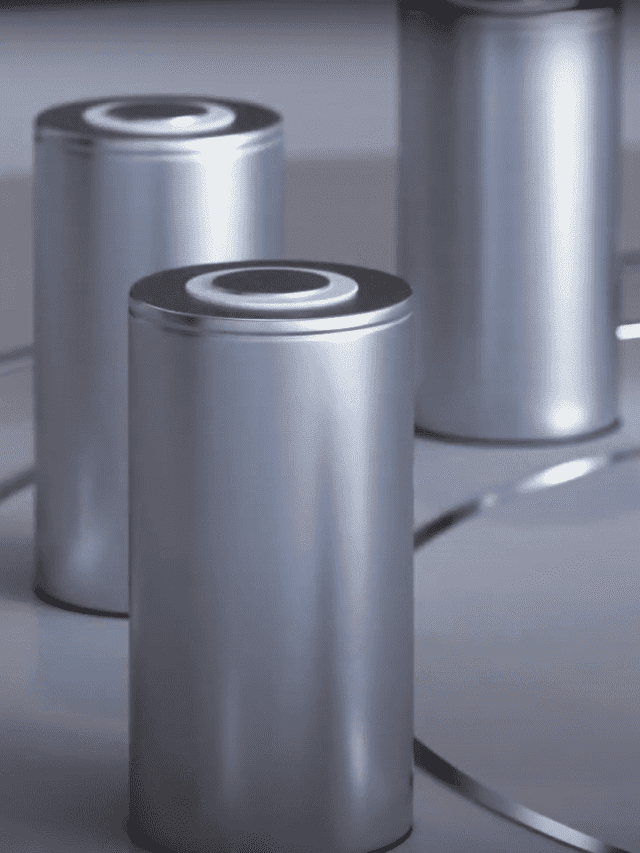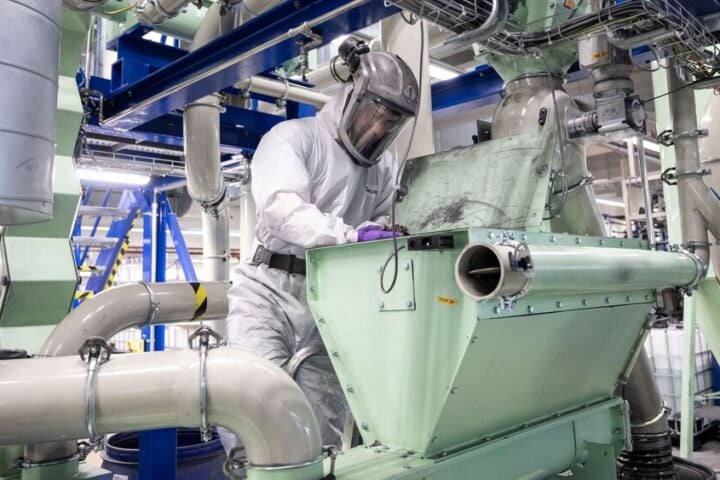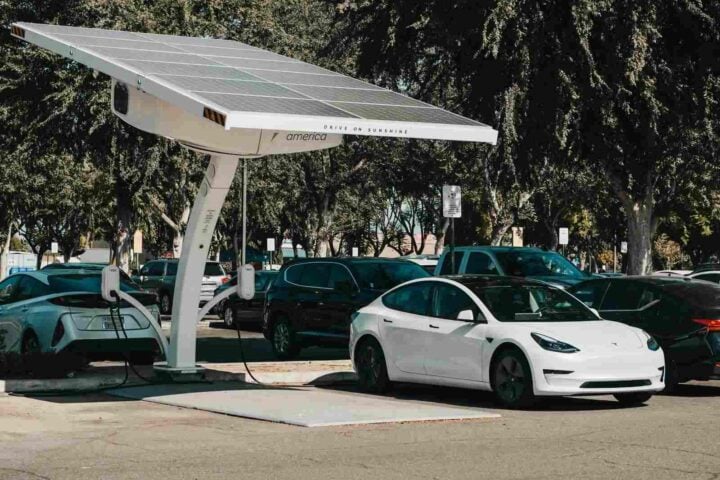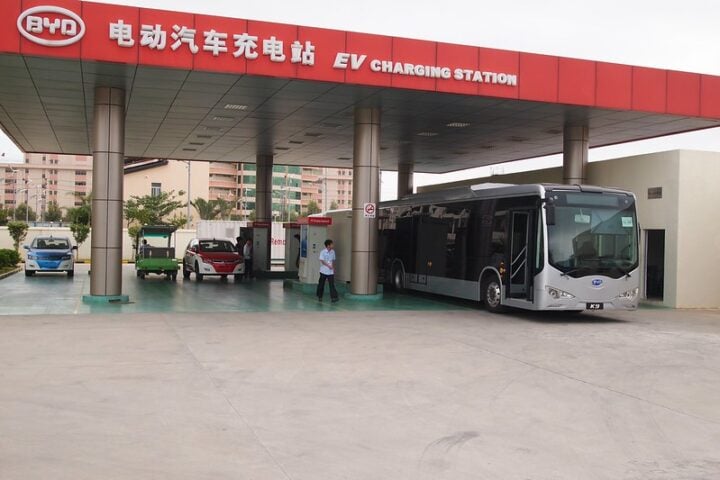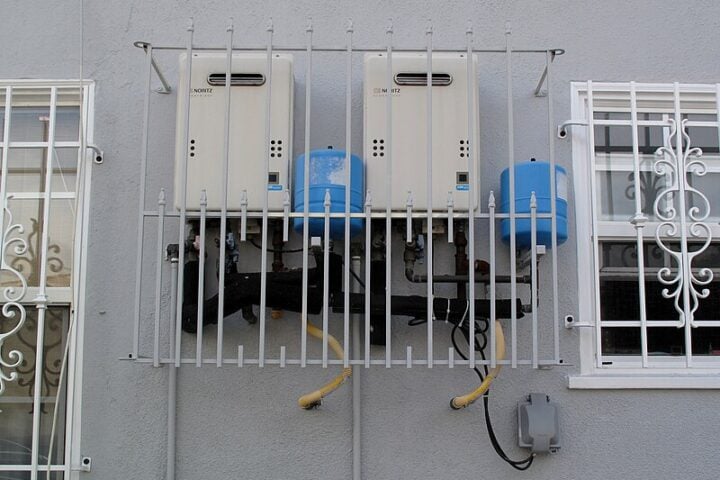Stora Enso, a Finnish company, has invented Lignode, a wood-based carbon material that can be used in making lithium-ion batteries for electric vehicles. Lignode offers a replacement for the fossil-based graphite that makes up about 30% of traditional lithium-ion batteries.
China currently holds 84% of the world’s natural graphite supply, making Lignode a more sustainable and accessible alternative. Lignode batteries have a lower impact on resources than traditional battery materials and are also very renewable.
Lignode is made out of lignin, a natural polymer and a byproduct of the papermaking process. Generally, lignin is burned or discarded as waste, but Stora Enso has discovered a way to extract it and turn it into battery material.
Trees make up 30% to 40% lignin, making it a potentially valuable source of income for the forestry industry. Lignode batteries need lesser virgin materials and requires low energy-intensive manufacturing process. Lignode’s structure allows the battery to be charged and discharged faster than with graphitic carbon, reducing the often high demand for charging infrastructure. Swifter charge rates also enable solutions for smaller batteries per car.
There is no set timeline yet for launching Lignode batteries on the market, but to scale production, Stora Enso has launched a pilot plant. Stora Enso’s Lignode batteries might have a significant impact on the sustainability of electric vehicles and the future of forestry industry.
- Gray Whales Suffer 94 Deaths in Baja Lagoons, Calf Pairs at Record‑Low Eight
- The Antler Chronicles: Wyoming’s Shed Hunt Evolution
- Tesla Delays Affordable Model Y Production to Late 2025 Amid EV Market Pressure
- Aldi Pork Carnitas Alert: FSIS Warns of Metal Contamination in 16-Ounce Packages with June-July Use Dates
- Protected: Weekly Mailer Task
